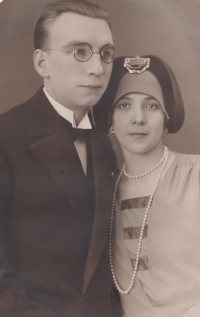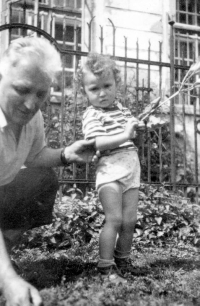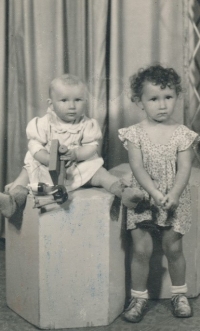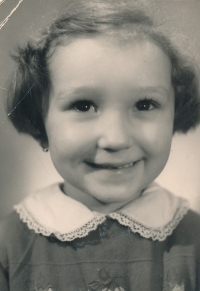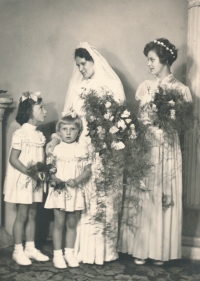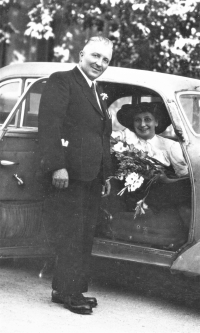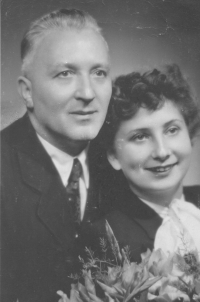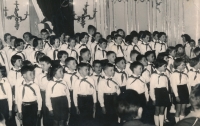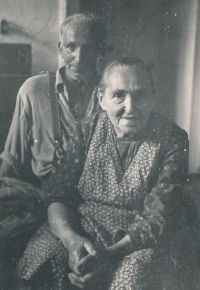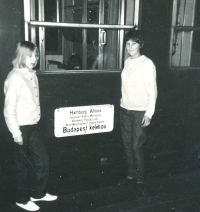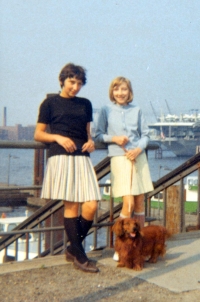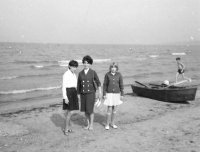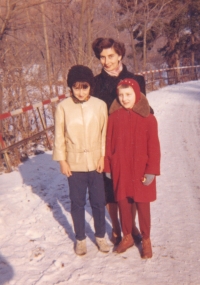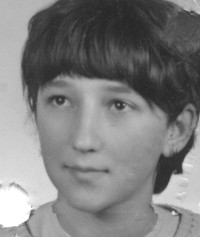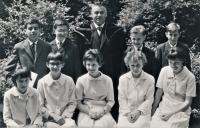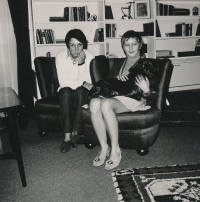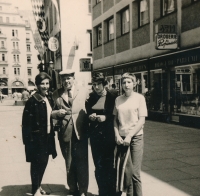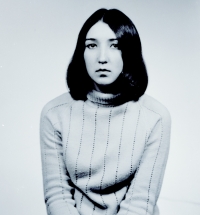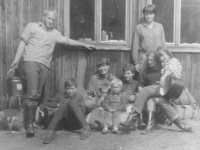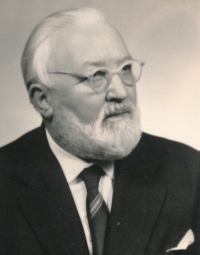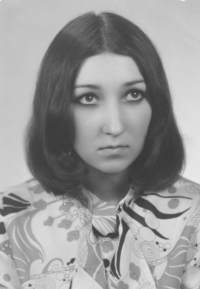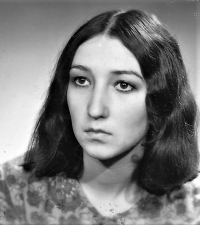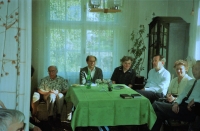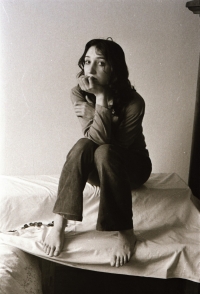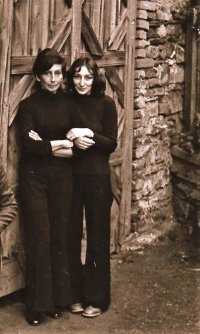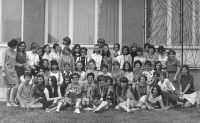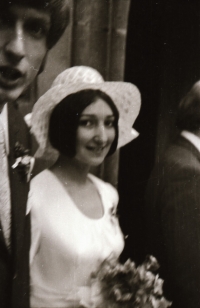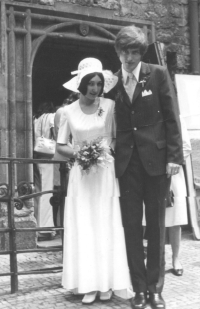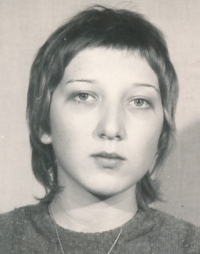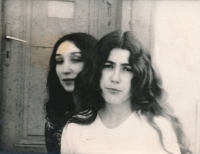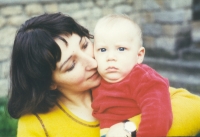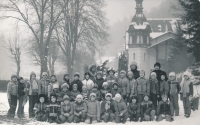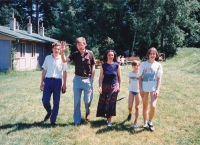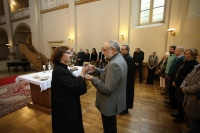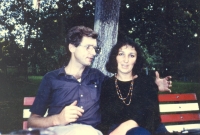The most important thing is to be faithful to truth, love and justice
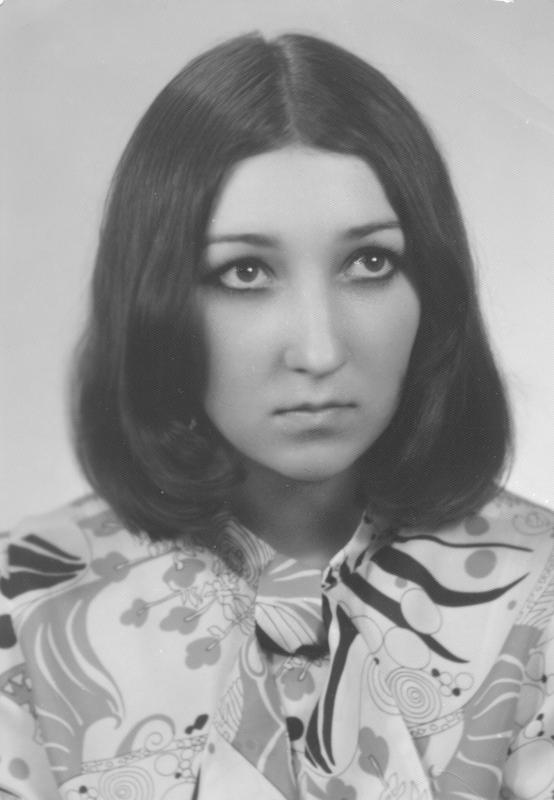
Download image
Lýdia Matulová, née Prudilová, was born on 4 March 1952 in Bratislava to Vlastimil and Rudolf Prudil. Her father came from an evangelical background, her mother from a Catholic one. They raised their children in the evangelical spirit. They attended various communities in Bratislava - Reformed Church, Baptists and Methodists. In 1970, Lýdia Mamulová graduated and began her studies at the Comenius Evangelical Divinity School in Prague. In 1974, she was one of twenty-two students who signed a petition condemning the withdrawal of state approval from pastors Alfred Kocáb and Jakub S. Trojan. She did not complete her studies for personal reasons. In the following years the Mamuls changed several places of work - they lived in Žďár nad Sázavou, Hvozdnice and then in Chodov near Karlovy Vary. Before the Velvet Revolution, she began working as a deaconess in Sokolov. Until 1997 they lived in Daňkovice in the Highlands. Then she worked in a congregation in Radotín, Prague. In 2003, she became a senior member of the Evangelical Church of Czech Brethren, making her the first woman to hold this position. Until 2018 she worked as a parish priest at the Church of St. Salvator in Prague’s Old Town. She and her husband raised three children. In 2023, she was living in Prague.
